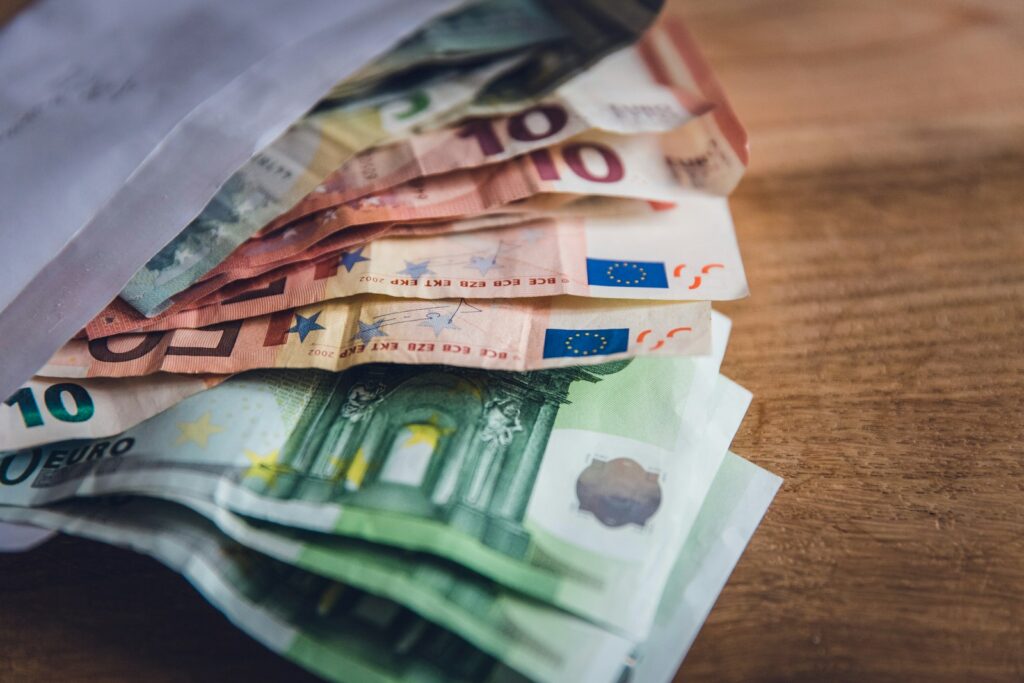
World Without Money: Utopia or Dystopia?
Imagine a world without money. No more wars, because resources belong to all of humanity. The government ensures equal and just distribution of goods. Competition, egoism, banks, and capitalist greed vanish. People work not for pay, but to serve one another. No more stress, debt, or struggle to make ends meet.











